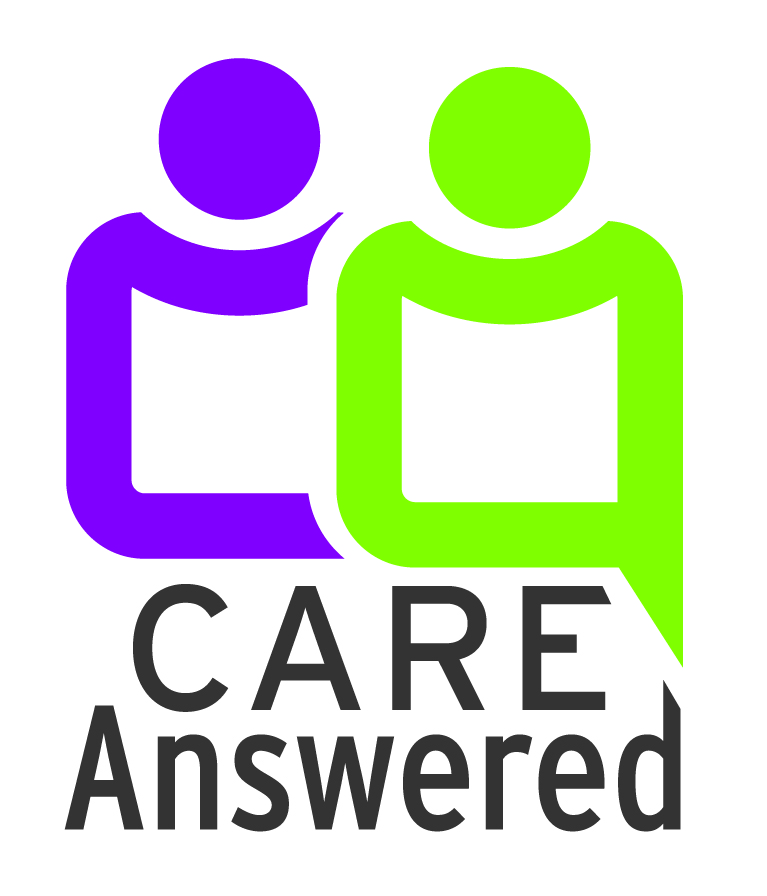More than 10 percent of Americans 65 and over – or more than 6 million people – have Alzheimer’s disease. Despite the widespread prevalence of Alzheimer’s and the devastating impact it has not only on patients but the entire family, researchers still don’t know very much about it. There is scant evidence regarding its causes and prevention, and virtually no cure.
However, there is a great deal of ongoing research into Alzheimer’s, and some promising, although preliminary, evidence that diet may play a role in preventing the mental decline that is part of the disease.
The Two Frontrunners
Much of the research centers on two main diets – the Mediterranean Diet and the MIND diet, which combines elements of the Mediterranean Diet with the DASH diet recommended for the prevention of heart disease. Several small studies have shown evidence that both of these plans may delay the onset or progression of Alzheimer’s dementia. As a bonus, both of these diets have been associated with a reduced risk of cancer and heart disease.
The Mediterranean Diet emphasizes whole grains, fish, green leafy vegetables, and olive oil. There is very little consumption of red meat, eggs or sweets in the Mediterranean Diet. The MIND diet is similar to the Mediterranean Diet, but features fresh fruits, especially berries, and limits sugar, salt, fried and fast food, red meat, cheese and butter or margarine.
Vitamins and Dietary Supplements
In addition to studying the role of diet in preventing Alzheimer’s, researchers are also looking into whether there may be a connection between certain vitamins or dietary supplements and cognitive decline. Here again, several small studies have shown possible links, but larger scale studies need to be completed in order for scientists to feel the evidence is solid.
Future Studies
Ongoing and future studies are examining other diets as well as the Mediterranean and MIND diets. Some researchers are studying the possible impact of a ketogenic diet (a diet high in fats and low in carbohydrates) on Alzheimer’s, while others are testing whether caloric restriction plans such as intermittent fasting may be beneficial. Visit the National Institute on Aging site to learn more and see a list of studies that are currently enrolling participants.
Care Answered™ gets health care DONE for clients and families dealing with the challenges of dementia. There is hope! Contact Care Answered at www.careanswered.com or call us at 516-584-2007Ext. 1.
See some 2024 Alzheimer’s and Dementia events you want to know about. Nicole Christensen, Care Answered™ Founder and CEO, is proud to be on the planning committee for the Long Island Alzheimer’s & Dementia Center Here’s to Hope Luncheon.



